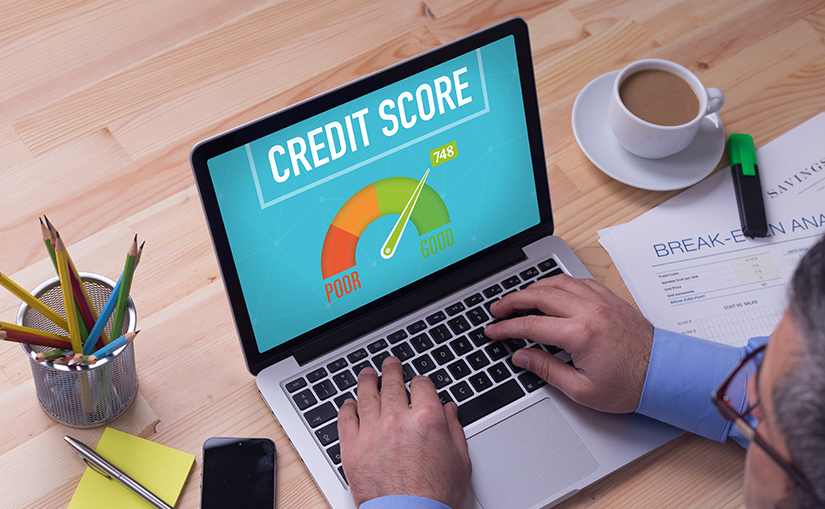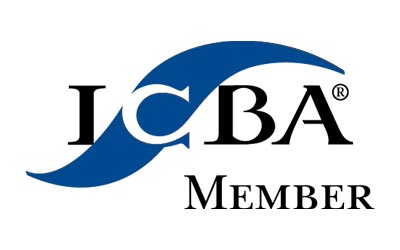Your credit score may be something you rarely think about. The truth is your credit score may be affecting your life in more ways than you realize. At First Exchange Bank, we care about the financial health of the communities we serve. We’re here to show you seven ways that your credit score could be impacting your everyday life.
What is a credit score?
The FICO scoring system is what we casually refer to as a person’s credit score. Introduced by the Fair Isaac Corporation (FICO) in 1989, this scoring system was established to create a fair platform from which a borrower’s creditworthiness is established. Three national credit bureaus determine FICO scores. Because each credit bureau calculates their own score, an individual’s credit score can vary slightly from bureau to bureau. The three credit bureaus are Experian, Equifax, and TransUnion. You can request your free credit report from the Federal Trade Commission each year. It’s recommended that you pull your report through the FTC’s website for each of the three credit bureaus. Check your report annually for errors such as accounts you didn’t open and other signs that your identity may be compromised. While you’re at it, we recommend a complete financial checkup each year.
What is a good credit score?
The interpretation of your credit score can vary slightly from one financial institution to the next. If you go straight to the source at myfico.com, you’ll find the categories divided as such:
Under 580: Poor
580-669: Fair
670-739: Good
740-799: Very Good
Greater than 799: Exceptional
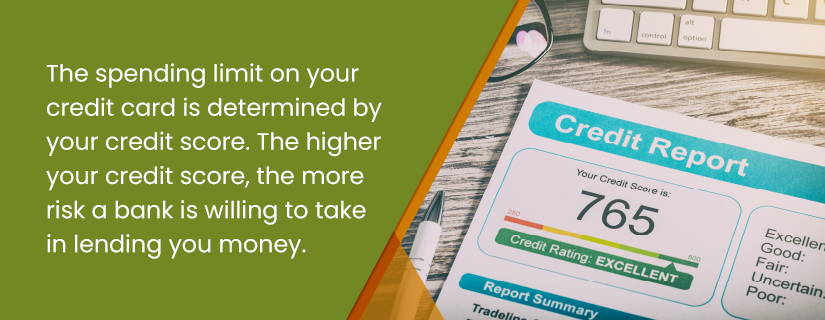
What’s affected by my credit score?
Credit Card Spending Limit
The spending limit on your credit card is determined by your credit score. The higher your credit score, the more risk a bank is willing to take in lending you money. If your credit score is low, your purchasing power is diminished. If you’re looking to open a new credit card, you may not get approved if your credit score isn’t in the good – excellent range.
Getting a Cell Phone
Signing a cell phone contract with a major carrier requires adequate credit. After all, the cellular company advances the service to you each month and relies on you to pay your monthly bill on time. If you are signing up for a new cell phone plan or financing a new phone, the company is going to run a credit check. The same is true for most utility companies such as cable, and internet. If you have poor credit, these companies are unlikely to offer you their services.
Job Applications
Sometimes life is a double-edged sword. You apply for a new job to increase your income so you can pay off some debt and improve your credit score. Unfortunately, the background check that many employers run on applicants includes pulling your credit score. A poor credit score can indicate financial irresponsibility to potential employers. Many employers also worry that heavy debt might influence your judgement on the job and affect your ability to perform the job to their standards. The best way to avoid this situation is to start monitoring your credit score now and avoid falling into the bad-poor credit range.
Ability to Get A Mortgage
Buying a home is often considered the largest purchase you will make in your lifetime. It shouldn’t be a surprise that your credit score plays a big role in the approval process for home loans. Having your finances in order is key to applying for a mortgage loan because banks also consider your debt-to-income ratio, assets, liabilities, and income. If you’re applying for a mortgage with a partner or spouse, their credit score will matter as well.
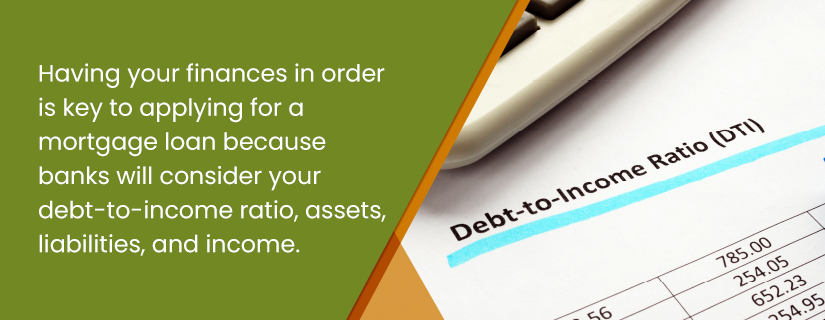
Purchasing a Car
Although a car purchase isn’t nearly as large a loan as a mortgage, it still presents a significant risk to lenders. If you need to finance your auto purchase through a dealer or get an auto loan from a local bank, their decision whether or not to approve your application will be partially based on your credit score. Even if your credit score is good enough to be approved for the loan, you may not get the best interest rate. To get the best rates and offers, keep your credit score high. A lower interest rate may not seem significant, but over time a couple of interest rate points can add up to hundreds or thousands of dollars in savings.
Refinancing Student Loans
When interest rates drop it’s often beneficial to refinance your loans. Although there are fees associated with the refinancing process, locking in a lower rate can significantly decrease your monthly payments in the long run. If you are looking to save money by refinancing a student loan, you’ll need a respectable credit score. Refinancing is simply closing your old loan and opening a new loan. In order to qualify for the new loan, you will need to prove your creditworthiness. A good credit score will allow you to get approved for refinancing if rates drop in the future.
Opening a Business
If you’re considering opening a new business, you may get advice recommending you keep your personal finances separate from your business finances. While this may be true once your business is established, getting your business off the ground is going to rely on your personal financial history. If you need a business loan to get started, the lender may require a personal credit check. Once established, your business will start to earn a business credit score. Generally based on a scale from 1 – 100, business credit scores reflect the health of your business finances. At First Exchange Bank, we love helping small businesses succeed. For tips on starting your small business, check out our guide to starting your business in Morgantown and How to Apply For Your First Business Loan.

Ways to Improve Your Credit Score
To check your credit score without reviewing your entire credit report, visit a free website such as Credit Sesame or Credit Karma. Many credit cards also provide free credit score monitoring which helps you keep an eye on your score. Your credit score is primarily determined by your credit history, payment history, credit mix, the number of recent inquiries on your credit, and your credit utilization rate.
If you’re wondering how to improve your credit score, look at your credit utilization rate. Your credit utilization rate is the amount of available credit that you currently use. Paying down debt or increasing your credit limits is the easiest way to improve your credit utilization rate and raise your credit score. A good credit utilization ratio is less than 30 percent and 10 percent is considered excellent. Creating a monthly budget that emphasizes paying down debt can help significantly improve your credit score. Another way to lower your credit utilization ratio is to open a new credit card. The new credit limit will increase your total available credit, lowering your utilization percentage.
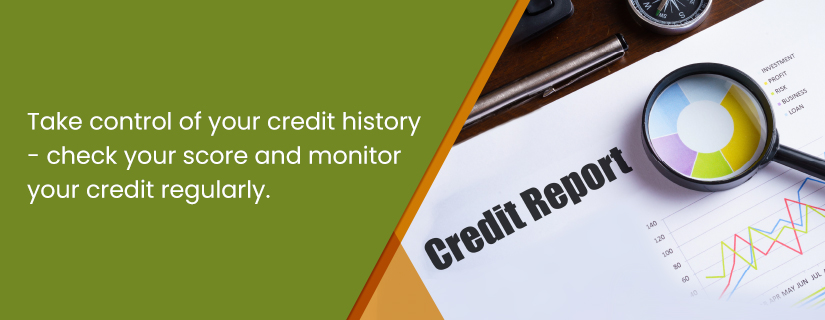
Take Control of Your Credit Score
With so many facets of your life affected by your credit score, it’s easy to see how monitoring and lowering your credit score should be a financial priority. If you haven’t started building credit yet, start with a credit card from First Exchange Bank By showing creditors that you can responsibly repay your debts, you increase your creditworthiness and save money on interest payments.
The helpful associates at First Exchange Bank can offer judgment-free assistance if you’re still unsure about raising your credit score. Our local lending team can answer all your questions regarding loan qualification. It’s never too early to focus on your credit score. Contact a friendly representative or visit one of our convenient locations to learn more about improving your credit score today.

